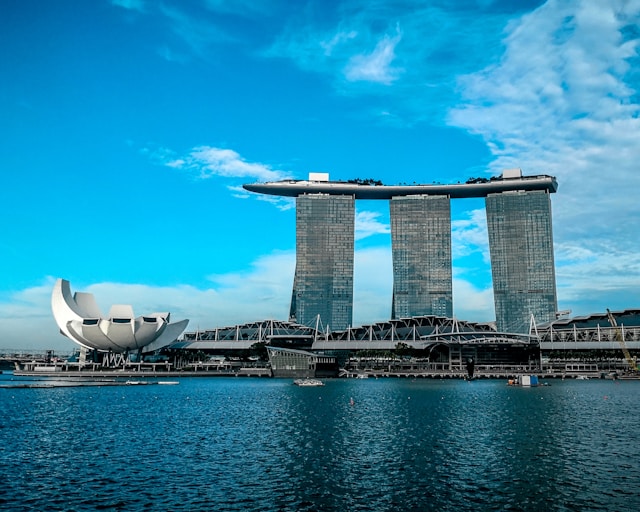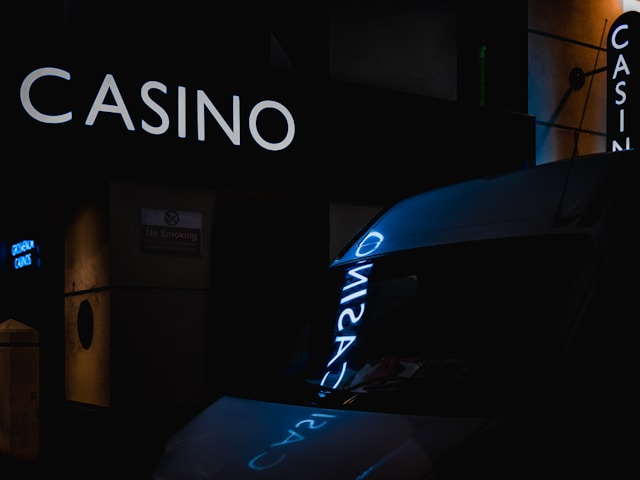A BRIEF HISTORY
Gambling has been a part of Singapore’s culture long before the iconic Marina Bay Sands and Resorts World Sentosa opened in 2010. Whether through lotteries or casinos, it has driven Singaporeans to wager billions each year. Let’s explore this phenomenon and its broader implications.
Gambling in Singapore encompasses three main activities: betting, gaming, and lottery participation. For instance, Singapore Pools, the state-linked lottery operator, reported an impressive turnover of S$4 billion in 2005, or approximately S$11 million daily, highlighting the lottery’s immense popularity. That year alone, an estimated S$7 billion was spent on gambling, excluding illegal betting and stock speculation. Illegal gambling, such as operating or managing illegal venues, can lead to fines of up to S$500,000 and imprisonment for up to 7 years upon conviction.
In recent years, games like 4-D, Toto, and Singapore Sweep have attracted over 30% of Singapore residents, demonstrating their widespread appeal.
RISE OF CASINOS
The opening of Marina Bay Sands and Resorts World Sentosa marked a significant shift in Singapore’s gambling landscape. These integrated resorts not only boosted tourism but also provided a regulated environment for casino gaming, enhancing Singapore’s global reputation.
Marina Bay Sands, with its unique architecture and world-class amenities, quickly became a hub for both local and international gamblers. The casinos in these resorts have since contributed significantly to the country’s economy, attracting high-rollers from around the globe and reshaping Singapore’s image as a luxury destination. This influx of tourists has spurred other sectors, including hospitality and retail, enhancing Singapore’s economic growth.
ASIA-PACIFIC GAMBLING MARKET
The Asia-Pacific gambling market is heavily influenced by regulatory frameworks, tourism, and local demand. Singapore, Macau, and the Philippines are major players in this market, each attracting a significant number of tourists and gamblers, fueling regional competition and innovation.
While Macau remains the largest gambling hub in Asia, Singapore holds a strong second place. However, the Philippines is making strategic moves to overtake Singapore by developing new integrated resorts and casinos, focusing on boosting tourism and economic growth. This competition highlights the dynamic and evolving nature of the gambling industry in the region and emphasizes the need for continuous adaptation and strategic planning.
SOCIAL IMPACT OF GAMBLING
While gambling can be a form of entertainment and a boost to the economy, it also comes with social costs. Problem gambling can lead to severe financial and personal issues for individuals and families, affecting overall community well-being. Recognizing this, Singapore has established various measures to help those affected by gambling addiction.
The National Council on Problem Gambling (NCPG) provides resources and support for individuals struggling with gambling problems. Their helpline, 1800-6-668-668, is available for anyone seeking assistance and guidance. Additionally, educational campaigns and support programs aim to prevent problem gambling and mitigate its impacts.
TO CONCLUDE
Gambling in Singapore has evolved significantly over the years, from lottery games to world-class casinos. While it contributes to the economy and offers entertainment, it’s essential to acknowledge and address the potential negative impacts on individuals. By fostering responsible gambling practices and providing adequate support, Singapore can strive to maintain a sustainable gambling environment.
For those needing help or advice on gambling issues, resources like the NCPG are available to provide guidance. For immediate support, visit NCPG at ncpg.org.sg.



